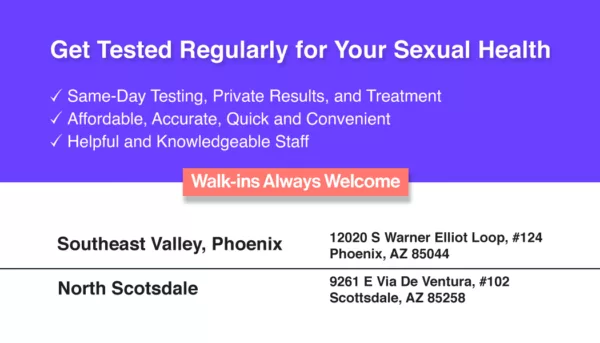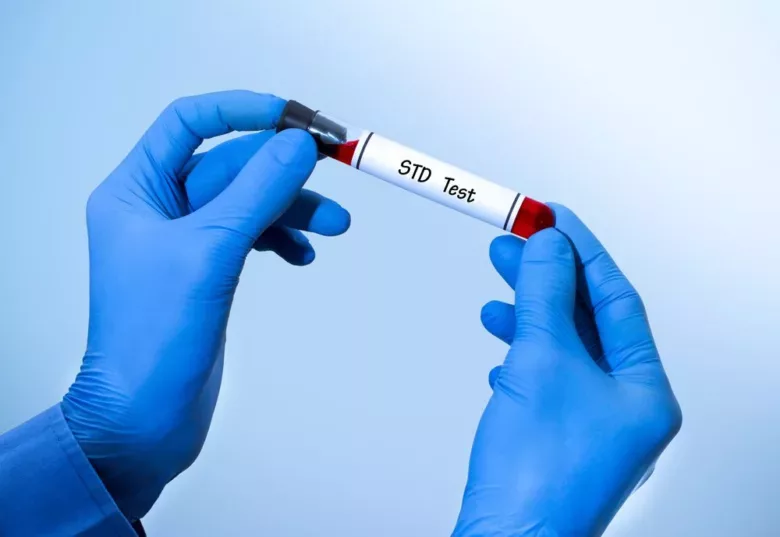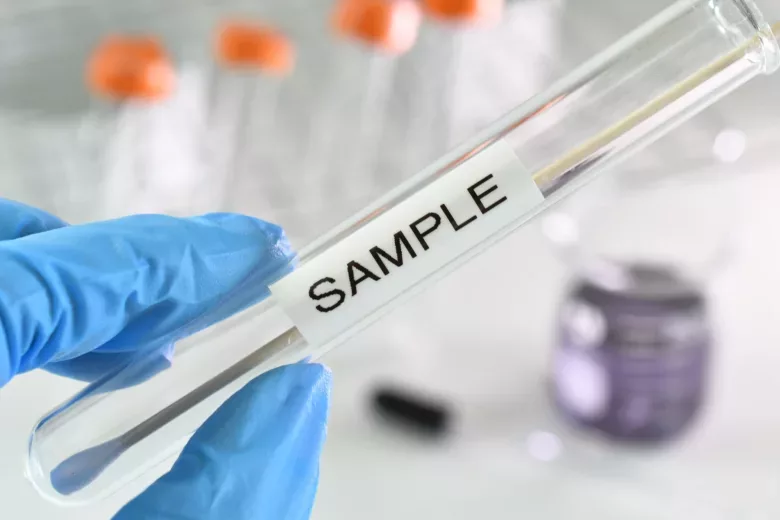Syphilis is a type of Sexually Transmitted Disease (STI) that is spread via sexual contact, such as anal, oral, and vaginal intercourse. However, the spread of the disease is not limited to these activities. It may become a hereditary disease transferred from the mother to the baby in her womb. A growing newborn can contract a severe multisystem illness known as congenital Syphilis, which is usually fatal. If you are experiencing Syphilis symptoms, taking an STI test for women is imperative.
Congenital Syphilis cases have recently increased dramatically in the United States. Premature births, stillborn babies, and, in some circumstances, death right after birth have all been associated with Syphilis. Untreated newborns that survive experience difficulties in a variety of organs, including the brain heart, eyes, hearing, skin, teeth, and bones.
In this blog, we will look at the possible hazards of Syphilis during pregnancy, the necessity of STD screening, and techniques for ensuring safe deliveries for both the mother and the child.
Syphilis and Pregnancy: Risks to Mother and Baby
When Syphilis arises during pregnancy, both the mother and the growing fetus are in danger. Some of the probable issues are as follows:-
- Congenital Syphilis: One of the most serious hazards of Syphilis during pregnancy is congenital Syphilis, which occurs when the illness is passed from the mother to the infant. The Syphilis bacteria attacks the developing fetus once it breaches the placenta. Congenital Syphilis can result in premature delivery, inadequate birth weight, serious congenital disorders and even death in infants.
- Miscarriage: Untreated Syphilis during pregnancy raises the likelihood of miscarriage, which can be both emotionally and physically painful for the mother. The simplest strategy to protect both the mother’s and the unborn child’s health throughout pregnancy is to receive STD testing during the first few months.
- Preterm Birth: Syphilis increases the risk of preterm labor in pregnant women, which increases the chance of premature birth. Many health problems and developmental problems can affect premature newborns.
- Birth Defects: Pregnancy-related Syphilis infection can cause birth abnormalities in the fetus. These flaws can impact several organs and systems, including the neurological system, bones, teeth, eyes, and hearing.
- Stillbirth: Syphilis can cause severe cases of untreated cases of stillbirth, where the baby passes away in the mother’s womb after 20 weeks of labor.
- Neurological Complications: Infants with congenital Syphilis may experience significant neurological abnormalities that result in developmental delays, intellectual impairments, and other long-term health concerns.
- Skin and Mucous Membrane Lesions: Snuffles, or distinctive allergic reactions to the skin and mucous membrane infections, can appear in newborns with congenital Syphilis.
- Anemia and Jaundice: Jaundice (yellowing of the skin and eyes) and Anemia (low red blood cell count) are other conditions that can affect infants with congenital Syphilis.
Screening and Diagnosis
Syphilis during pregnancy can have serious effects, thus early detection and immediate treatment are crucial. An essential aspect of prenatal care is routine Syphilis testing. At their initial prenatal appointment, all expectant women should undergo STD testing for Syphilis.
Women who are at high risk for contracting Syphilis should also get tested again in the third trimester and right after giving birth. Screening tests for Syphilis include:-
- VDRL (Venereal Disease Research Laboratory) Test: A blood test called the VDRL test can find out if there are antibodies present that have been made in response to the Syphilis pathogen.
- RPR (Rapid Plasma Reagin) Test: Similar to the VDRL test, the RPR test also detects antibodies against the Syphilis bacterium in the blood. It is a rapid and widely available test used for screening and diagnosing Syphilis.
- Treponemal Tests: The Syphilis-causing Treponema Pallidum bacterium is directly detected by Treponemal testing for the presence of antibodies. Treponemal tests help validate past or present Syphilis infections because, in contrast to non-Treponemal tests (VDRL and RPR), they continue to be positive even after effective treatment. There are several typical Treponemal tests:-
- Enzyme Immunoassay (EIA)
- Fluorescent Treponemal Antibody Absorption (FTA-ABS) Test
- Treponema pallidum Particle Agglutination (TP-PA) Test

STI/STD Tests phoenix Scottsdale
Treatment Options
To stop transmission of the STD to the fetus and safeguard the mother’s health, it is imperative to start treatment right away if Syphilis is contracted during pregnancy. The most effective treatment for Syphilis is Penicillin, which is also safe to use while pregnant. The Syphilis stage and the patient’s medical history will determine the dosage and length of the course of treatment. Women allergic to Penicillin should undergo desensitization therapy or receive an alternative treatment plan under the strict supervision of a doctor.
Safeguarding Infant and Mother’s Health From Syphilis
Several steps must be followed to guarantee a healthy birth and reduce the dangers connected with Syphilis during pregnancy:-
- Prenatal Care: To track the mother’s health and the growth of the unborn child, early and regular prenatal care is essential. Prenatal care that is up to par enables medical professionals to perform tests for Syphilis, identify any difficulties, and start the right treatment as soon as possible.
- Partner Testing: Syphilis testing and treatment should be provided to partners of expectant women. This lowers the chance of transmission during pregnancy and prevents reinfection.
- Education and Awareness: Pregnant women should be informed by healthcare professionals about the hazards of Syphilis and the value of early detection and treatment. Syphilis and other STDs can be avoided by promoting healthy sexual behaviors.
- Follow-up Testing: Pregnant women who have tested positive for Syphilis need to get regular follow-up tests to make sure that the disease has been adequately treated.
- Neonatal Care: Congenital Syphilis testing and thorough monitoring should be provided to infants delivered to Syphilis-positive mothers. The fate of the baby can be considerably improved by early detection and treatment.
Avail top-notch STD testing services with Affordable Rapid Testing
Testing for Syphilis is the first step toward slowing down the spread of the disease. Pregnant women and their unborn children should be given the highest priority when it comes to their health and well-being during pregnancy. Affordable Rapid Testing offers top-notch STD testing services like same-day STD testing for all STDs, including Syphilis, which is specifically designed to meet the needs of pregnant women. Check out the official website of Affordable Rapid Testing for more information.


